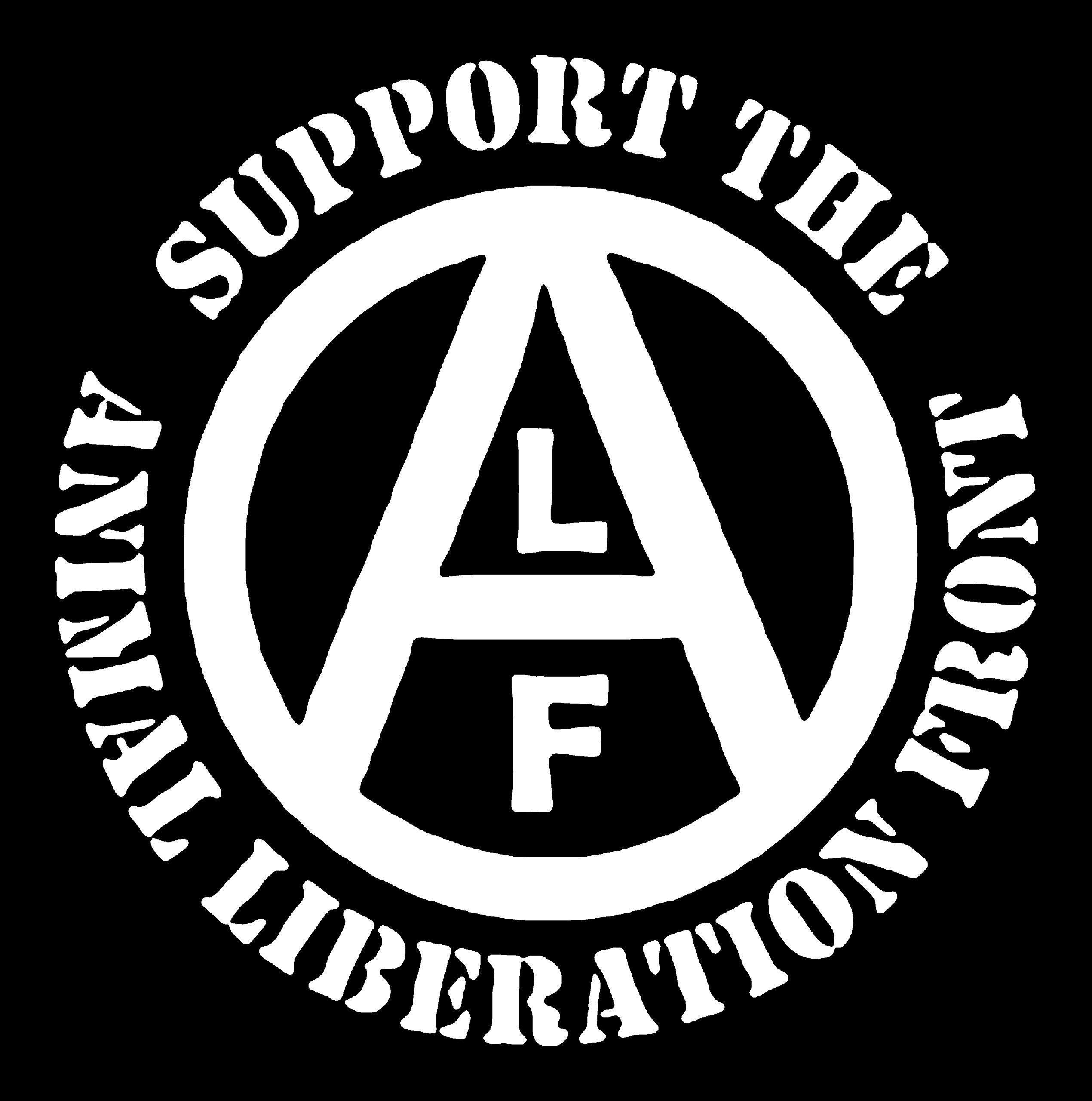

In addition to being a famine that was, at most, mismanaged, the term itself is amplified because it sounds a bit like holocaust. In those senses, the discourse that treats it like a genocide is also dabbling in Holocaust denial.


In addition to being a famine that was, at most, mismanaged, the term itself is amplified because it sounds a bit like holocaust. In those senses, the discourse that treats it like a genocide is also dabbling in Holocaust denial.


Yeah absolutely monstrous shit.


Yes that’s the kind of thing Brace had to endure


lol this sounds like one of the many rumors spread in Cuba by the literal CIA about how the commies are gonna end religion and take your kids.


Hell yeah nice job comrade


Uncritical support for comrade @chamomile
God damn America. I hope you and yours are doing okay


Oh lol I didn’t recognize the bit and I love dunking on :chompsky:


It’s not a new idea in the general sense so you can find a few different ways it might be defined.
When it comes to Marx, it’s about what he took (and often flipped on its head) from Hegel, where Hegel was the first nerd to get really into dialectics when it came to analyzing society.
A very short summary of dialectics wrt Hegel and Marx is that it is an often-useful tool by which you can frame a thing is actually by the states through which it may transition, that a thing is better described by what it is and how it can become not that, and then by looking at the reasons this would happen, produce salient contradictions that explain the thing itself. This sounds confusing because it’s abstract, but it’s not really that foreign to most people nowadays.
Example: there is a fly buzzing around your room. We can say that the fly is alive. Eventually, it will die, decompose, and become earth. We have the state of the thing (alive), another state of the thing (dead/dirt), and say that a fly may be better understood by knowing the processes that move the fly to or away from either state. And, most importantly, a hard subscriber to dialectics would say that our understanding of the fly should be about these processes in opposition, not a list of descriptions of the fly in the “alive” state. Metabolism keeps the fly alive. An end to metabolism, such as being exposed to the cold for a long period, leads to its death. It must constantly eat food to live. If it stops eating food, it dies. We can keep enumerating things to come up with insights that we believe are important until we feel satisfied that we have understood and distinguished the fly from other things via this process.
This example is very similar to Hegel’s formation, where we understand the world through DEEP THOUGHTS and, in fact, reality relative to human interactions is derived from them and can only be understood via the correct extraction of those thoughts. Marx liked the processes and contradiction part, but disliked the ideas --> reality part, flipping it around: material forces stand in opposition, they are the processes, the transitions, and instead, ideas are the product of material things. A simplistic example is that Romans didn’t have an opinion on motorcycles, but there are deeper and subtler implications that Marx related to economic production.
This is where simple fights about idealism come from as well, with Marxists appealing to economic forces determining the population’s ideas and socioeconomic transitions and crapping on people who think that it’s mostly about convincing people that the right ideas are true - and if we just had that, we’d win.


This is why you have to read theory, folks. There’s no better response than to be really condescending using 19th century socialist jargon. Just completely incomprehensible.


It feels like listening to a baby atheist trying to debunk Islam because they read 1/3 of a Dawkins book. What they lack in knowledge they make up for in the pretense of certainty.
I watched a little more and now he just quibbled about the difference between US funds and weapons “ending up” with Nazis vs the US funding Nazis, with the debunk being a hypothetical about Nazi Germany. He never contends with what the articles say nor the fact that the US has specifically targeted support to Nazi groups. Just moves on after the hypothetical. When calling it out, he basically did the :reddit-logo: fallacy citation thing too, lol.
I’m impressed that there are so many dum-dums out there who take this seriously.


I don’t want to spend 40 minutes on this lol. I’ve gone in for 6 and it’s already told people to use V*ush videos to debunk Prager U, gone on a tangent about modern “Stalinists”, and quibbled about Ukraine being a US proxy without contending with what anyone claiming such a thing actually uses to justify it. It’s just storytelling and no analysis from someone dropping “rationalist” dog whistles every two minutes.
Watched a show called Upload recently. It’s set in the future and some of the characters used the Buttigieg Hyperloop to get around.
You’re welcome for this delightful little tidbit.


This thing is sooooooo far up its own ass, holy shit. Also, the authors need to do some self-crit on writing accessibly and coherently if they’re going to pick nits like this. This reads like an undergrad extended essay where you get points for long-winded analogies and pointless name-dropping.


NATO doesn’t do interventions, it does sociopathic bombing campaigns designed to destroy its enemy states.
The question of whether an “intervention” war justified is premised on the propaganda that NATO is some kind of peacekeeping defensive force.


I absolutely do not understand Sun Tzu fetishism.
Anglos talking about trains and shit as if the colonizers didn’t deindustrialize the place the first chance they got.